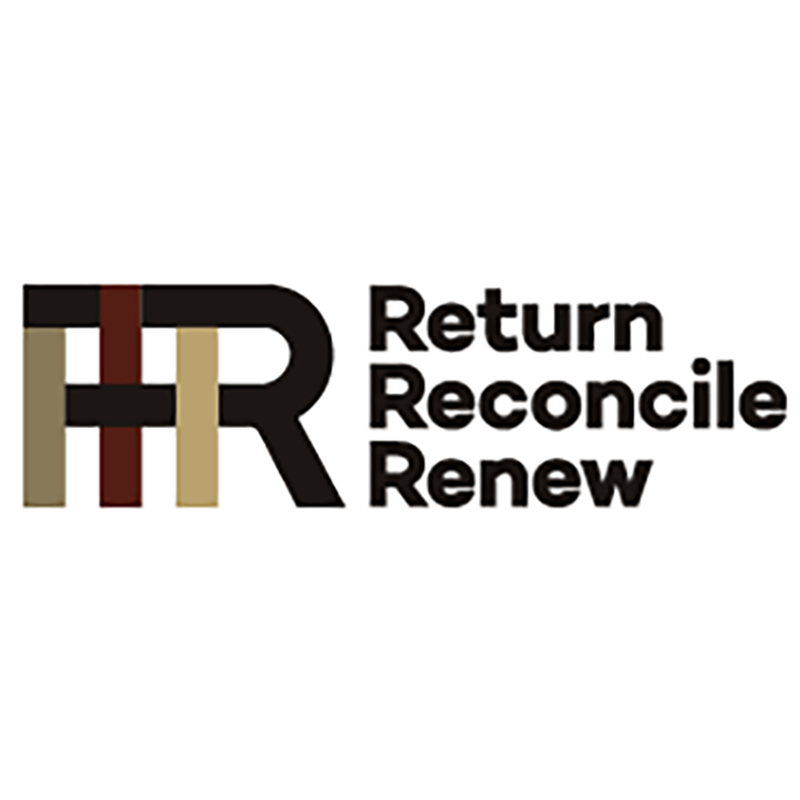The Centre for Anthropological Research on Museums and Heritage warmly invites you to our first Museum Lab session of the winter term 2020/21, which will be held on Wednesday, November 18th from 1.30 to 3.00 PMvia Zoom. We are very happy to welcome Annalisa Bolin to begin our Museum Lab series with her presentation ‘Power and Possibility: The Return of Rwanda’s Stolen Bones‘. (Please find the abstract below). Larissa Förster, Head of the German Lost Art Foundation’s Department for Cultural Goods from Colonial Contexts, will moderate the session.
Annalisa Bolin is a Postdoctoral Fellow in the UNESCO Chair in Heritage Futures at Linnaeus University, Sweden. Her current project Body Politics: Heritage Repatriation for the Postcolonial Future examines how repatriation can mediate relationships between nations, especially with an eye to remaking landscapes of power in a postcolonial context. Based in Berlin and Kigali, the project investigates the potential repatriation of a collection of human remains from Rwanda which are currently held in German museums. She holds a PhD in Anthropology from Stanford University, where her research focused on the politics of heritage production by the Rwandan state.
The Museum Lab is a public event and open to practitioners, students, researchers and those working at the intersection of theory and practice. Invited guests present their ongoing research which inspire fruitful discussions. Please visit our website for information on past and upcoming Museum Lab sessions.
There is no registration necessary to join this session (https://hu-berlin.zoom.us/j/64139828325). We are looking forward to seeing you there!Very best, also on behalf of the Lab’s co-organizers Christine Gerbich and Katarzyna Puzon,Harriet Merrow
AbstractIn the early twentieth century, German explorers took over a thousand skulls from what was then German East Africa, remitting them to Berlin’s Ethnologisches Museum to form part of an anthropological collection. Just over a century later, the Stiftung Preußicher Kulturbesitz, which now holds the skulls, initiated a project not merely to identify the remains’ provenance, but to ultimately return them to their place of origin. For most of the skulls, this means repatriation to Rwanda, which the SPK now proposes to do.
This presentation, based on an article in progress, takes the intended repatriation as a starting point for an investigation of the future. What options are now open to the Rwandan government, which leads a country with significant experience of managing human remains in the interest of public memory, as it decides how to handle these skulls? With the increasing accessibility of DNA testing, alongside Rwanda’s history of violent, racialized ethnic division, what new challenges could this repatriation pose for Rwanda’s domestic peace and politics? What transformations might the return produce in the relationship between Rwanda and Germany—where the former is seeking a decolonized, increasingly powerful sovereign position in its international relations, and the latter engages in an interrogation of its own colonial past? Drawing on long-term fieldwork within the Rwandan state heritage sector and recent research into the SPK project, this presentation examines the possibilities for the future that are opened up by processes of repatriation.

Recent Comments